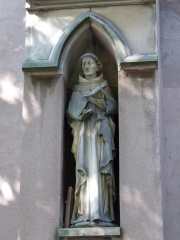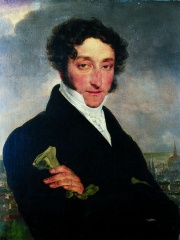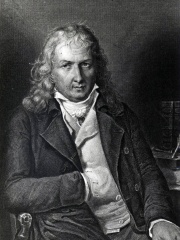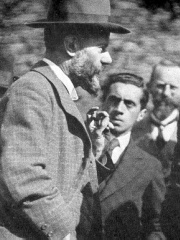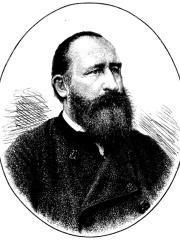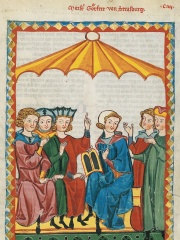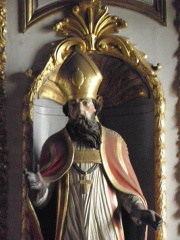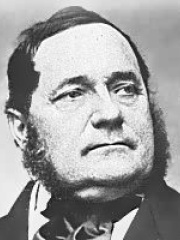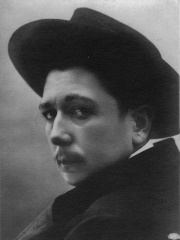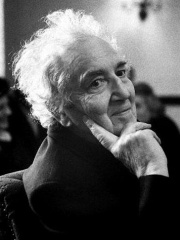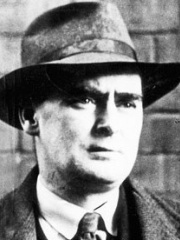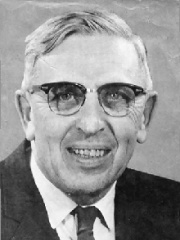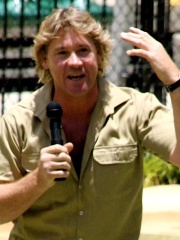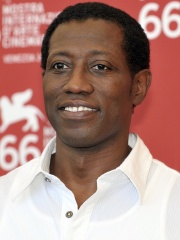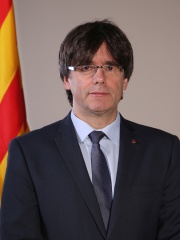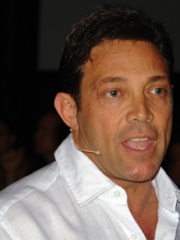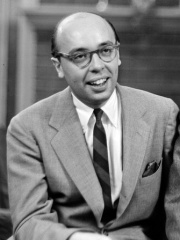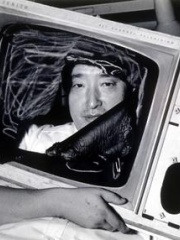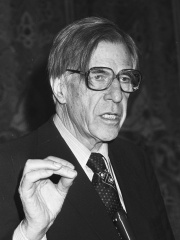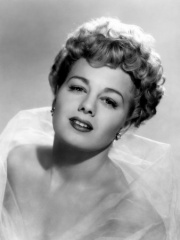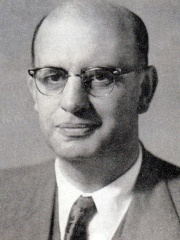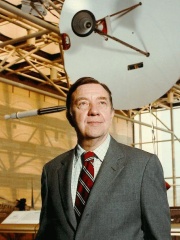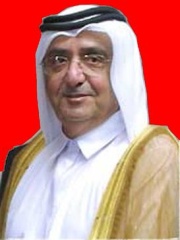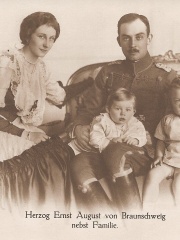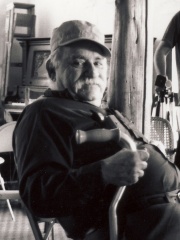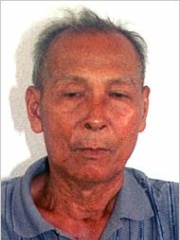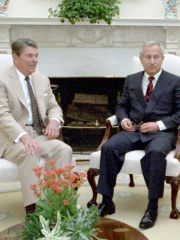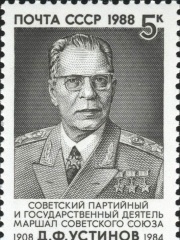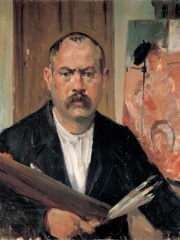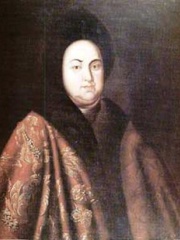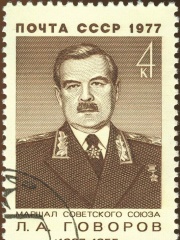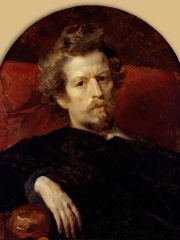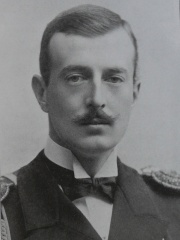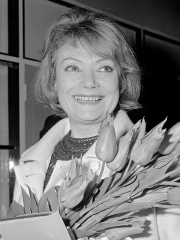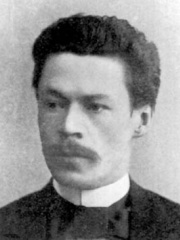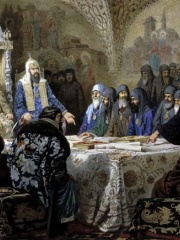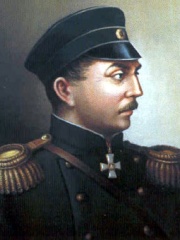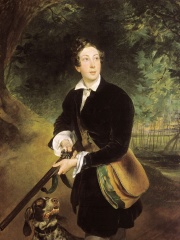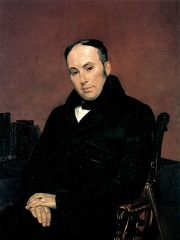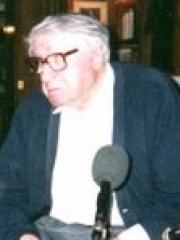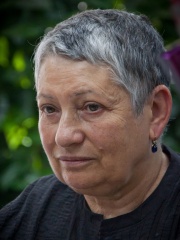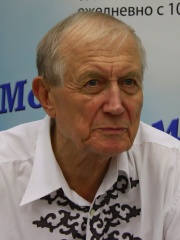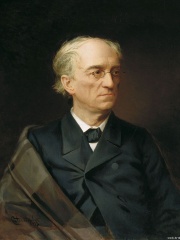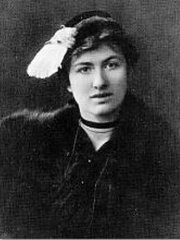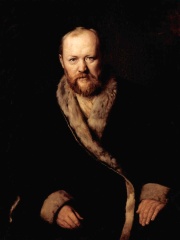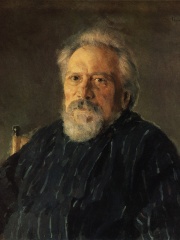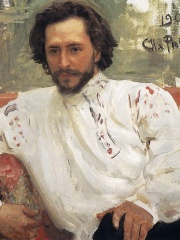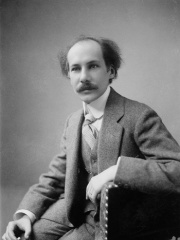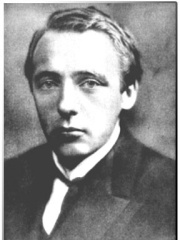Écrivain
Alexander Litvinenko
1962 - 2006
FR.WIKIPEDIA PAGE VIEWS (PV)
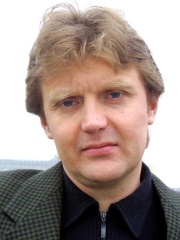
 Alexander Litvinenko
Alexander Litvinenko
Sa biographie est disponible en 57 langues sur Wikipédia (en baisse par rapport à 58 en 2024). Alexander Litvinenko est le 1,056th écrivain le plus populaire (en baisse du 794th en 2024), la 358th biographie la plus populaire de Russie (en baisse du 267th en 2019), ainsi que le 40th écrivain de Russie le plus populaire.
Memorability Metrics
Page views of Alexander Litvinenko by language
Among Écrivains
Among écrivains, Alexander Litvinenko ranks 1,056 out of 7,302. Before him are Johannes Tauler, Charles Nodier, Jacques-Henri Bernardin de Saint-Pierre, Ernst Toller, Alfred Brehm, and Gottfried von Strassburg. After him are Sulpicius Severus, Adalbert Stifter, Radoje Domanović, Robert Graves, Brian O'Nolan, and Clifford D. Simak.
Most Popular ÉCrivains in Wikipedia
Go to all RankingsJohannes Tauler
1300 - 1361
HPI: 67.80
Rank: 1,050
Charles Nodier
1780 - 1844
HPI: 67.79
Rank: 1,051
Jacques-Henri Bernardin de Saint-Pierre
1737 - 1814
HPI: 67.79
Rank: 1,052
Ernst Toller
1893 - 1939
HPI: 67.77
Rank: 1,053
Alfred Brehm
1829 - 1884
HPI: 67.77
Rank: 1,054
Gottfried von Strassburg
1180 - 1215
HPI: 67.75
Rank: 1,055
Alexander Litvinenko
1962 - 2006
HPI: 67.75
Rank: 1,056
Sulpicius Severus
360 - 420
HPI: 67.74
Rank: 1,057
Adalbert Stifter
1805 - 1868
HPI: 67.74
Rank: 1,058
Radoje Domanović
1873 - 1908
HPI: 67.73
Rank: 1,059
Robert Graves
1895 - 1985
HPI: 67.71
Rank: 1,060
Brian O'Nolan
1911 - 1966
HPI: 67.71
Rank: 1,061
Clifford D. Simak
1904 - 1988
HPI: 67.71
Rank: 1,062
Contemporaries
Among people born in 1962, Alexander Litvinenko ranks 34. Before him are Jon Bon Jovi, Steve Irwin, Wesley Snipes, Izzy Stradlin, Carles Puigdemont, and Michelle Yeoh. After him are Clyde Drexler, Viktor Tsoi, Jeff Bennett, Jordan Belfort, Christiane F., and Suzy Amis Cameron. Among people deceased in 2006, Alexander Litvinenko ranks 53. Before him are Ed Bradley, Ahmet Ertegun, Nam June Paik, John Kenneth Galbraith, Shelley Winters, and P. W. Botha. After him are James Van Allen, Maktoum bin Rashid Al Maktoum, Prince George William of Hanover, Murray Bookchin, Hugh Thompson Jr., and Ta Mok.
Others Born in 1962
Go to all RankingsJon Bon Jovi
SINGER
1962 - Present
HPI: 68.44
Rank: 28
Steve Irwin
PRESENTER
1962 - 2006
HPI: 68.36
Rank: 29
Wesley Snipes
ACTOR
1962 - Present
HPI: 68.30
Rank: 30
Izzy Stradlin
MUSICIAN
1962 - Present
HPI: 68.29
Rank: 31
Carles Puigdemont
POLITICIAN
1962 - Present
HPI: 68.27
Rank: 32
Michelle Yeoh
ACTOR
1962 - Present
HPI: 67.83
Rank: 33
Alexander Litvinenko
WRITER
1962 - 2006
HPI: 67.75
Rank: 34
Clyde Drexler
BASKETBALL PLAYER
1962 - Present
HPI: 67.41
Rank: 35
Viktor Tsoi
SINGER
1962 - 1990
HPI: 67.15
Rank: 36
Jeff Bennett
ACTOR
1962 - Present
HPI: 67.11
Rank: 37
Jordan Belfort
EXTREMIST
1962 - Present
HPI: 66.99
Rank: 38
Christiane F.
ACTOR
1962 - Present
HPI: 66.93
Rank: 39
Suzy Amis Cameron
ACTOR
1962 - Present
HPI: 66.89
Rank: 40
Others Deceased in 2006
Go to all RankingsEd Bradley
WRITER
1941 - 2006
HPI: 68.11
Rank: 47
Ahmet Ertegun
MUSICIAN
1923 - 2006
HPI: 68.02
Rank: 48
Nam June Paik
MUSICIAN
1932 - 2006
HPI: 68.02
Rank: 49
John Kenneth Galbraith
ECONOMIST
1908 - 2006
HPI: 67.93
Rank: 50
Shelley Winters
ACTOR
1920 - 2006
HPI: 67.81
Rank: 51
P. W. Botha
POLITICIAN
1916 - 2006
HPI: 67.80
Rank: 52
Alexander Litvinenko
WRITER
1962 - 2006
HPI: 67.75
Rank: 53
James Van Allen
ASTRONOMER
1914 - 2006
HPI: 67.72
Rank: 54
Maktoum bin Rashid Al Maktoum
POLITICIAN
1943 - 2006
HPI: 67.31
Rank: 55
Prince George William of Hanover
COMPANION
1915 - 2006
HPI: 67.17
Rank: 56
Murray Bookchin
PHILOSOPHER
1921 - 2006
HPI: 67.17
Rank: 57
Hugh Thompson Jr.
MILITARY PERSONNEL
1943 - 2006
HPI: 67.02
Rank: 58
Ta Mok
MAFIOSO
1926 - 2006
HPI: 66.93
Rank: 59
In Russie
Among people born in Russie, Alexander Litvinenko ranks 358 out of NaN. Before him are Oleg Gordievsky (1938), Dmitry Ustinov (1908), Lovis Corinth (1858), Yevdokiya Lopukhina (1669), Leonid Govorov (1897), and Karl Bryullov (1799). After him are Grand Duke Kirill Vladimirovich of Russia (1876), Lila Kedrova (1918), Anton Arensky (1861), Patriarch Nikon of Moscow (1605), Pavel Nakhimov (1802), and Aleksey Konstantinovich Tolstoy (1817).
Others born in Russie
Go to all RankingsOleg Gordievsky
POLITICIAN
1938 - 2025
HPI: 67.88
Rank: 352
Dmitry Ustinov
POLITICIAN
1908 - 1984
HPI: 67.85
Rank: 353
Lovis Corinth
PAINTER
1858 - 1925
HPI: 67.85
Rank: 354
Yevdokiya Lopukhina
COMPANION
1669 - 1731
HPI: 67.82
Rank: 355
Leonid Govorov
MILITARY PERSONNEL
1897 - 1955
HPI: 67.81
Rank: 356
Karl Bryullov
PAINTER
1799 - 1852
HPI: 67.75
Rank: 357
Alexander Litvinenko
WRITER
1962 - 2006
HPI: 67.75
Rank: 358
Grand Duke Kirill Vladimirovich of Russia
NOBLEMAN
1876 - 1938
HPI: 67.75
Rank: 359
Lila Kedrova
ACTOR
1918 - 2000
HPI: 67.73
Rank: 360
Anton Arensky
COMPOSER
1861 - 1906
HPI: 67.73
Rank: 361
Patriarch Nikon of Moscow
RELIGIOUS FIGURE
1605 - 1681
HPI: 67.67
Rank: 362
Pavel Nakhimov
MILITARY PERSONNEL
1802 - 1855
HPI: 67.63
Rank: 363
Aleksey Konstantinovich Tolstoy
WRITER
1817 - 1875
HPI: 67.62
Rank: 364
Among Écrivains In Russie
Among écrivains born in Russie, Alexander Litvinenko ranks 40. Before him are Vasily Zhukovsky (1783), Henri Troyat (1911), Lyudmila Ulitskaya (1943), Yevgeny Yevtushenko (1933), Fyodor Tyutchev (1803), and Edith Södergran (1892). After him are Aleksey Konstantinovich Tolstoy (1817), Alexander Ostrovsky (1823), Nikolai Leskov (1831), Leonid Andreyev (1871), Andrei Bely (1880), and Velimir Khlebnikov (1885).
Vasily Zhukovsky
1783 - 1852
HPI: 68.23
Rank: 34
Henri Troyat
1911 - 2007
HPI: 68.11
Rank: 35
Lyudmila Ulitskaya
1943 - Present
HPI: 68.11
Rank: 36
Yevgeny Yevtushenko
1933 - 2017
HPI: 68.09
Rank: 37
Fyodor Tyutchev
1803 - 1873
HPI: 68.05
Rank: 38
Edith Södergran
1892 - 1923
HPI: 67.96
Rank: 39
Alexander Litvinenko
1962 - 2006
HPI: 67.75
Rank: 40
Aleksey Konstantinovich Tolstoy
1817 - 1875
HPI: 67.62
Rank: 41
Alexander Ostrovsky
1823 - 1886
HPI: 67.46
Rank: 42
Nikolai Leskov
1831 - 1895
HPI: 67.44
Rank: 43
Leonid Andreyev
1871 - 1919
HPI: 67.35
Rank: 44
Andrei Bely
1880 - 1934
HPI: 67.25
Rank: 45
Velimir Khlebnikov
1885 - 1922
HPI: 67.12
Rank: 46
